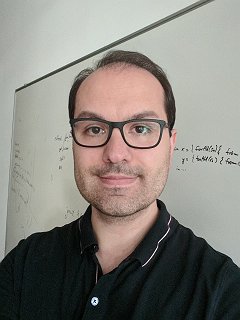Temporal Correlation Patterns
Reactive languages provide a number of abstractions such as joins, streams, events and signals with capabilities to filter and correlate data. However, these languages/frameworks are often limited by the use of low-level combinators and require boilerplate code for complex data correlations. In this paper, we argue that declarative temporal pattern matching in the style of Complex Event Processing enriches current language designs with expressive and concise data correlations. Complex event patterns define high-level events from structural and temporal constraints on multiple event sources. As such they constitute a promising addition to the reactive languages toolbelt. Nonetheless, there are highly diverse variants of pattern matching semantics, where none of the established languages supports the full spectrum, currently. We outline our current research in designing a universal, general purpose semantics for complex event correlation in reactive languages.
PhD student at Technische Universität Darmstadt, Software Technology Group.
Tue 27 OctDisplayed time zone: Eastern Time (US & Canada) change
13:30 - 15:00 | |||
13:30 50mTalk | REBLS Industrial Talk (PREZI): Playful but not a Toy: Views on Reactive Programming from within a Large Software Project REBLS Johannes Emerich Prezi Media Attached | ||
14:20 20mTalk | Temporal Correlation Patterns REBLS Oliver Bračevac TU Darmstadt | ||
14:40 20mTalk | Dynamic Condition Response Graphs as Foundation for Event-based Languages and Systems REBLS | ||
